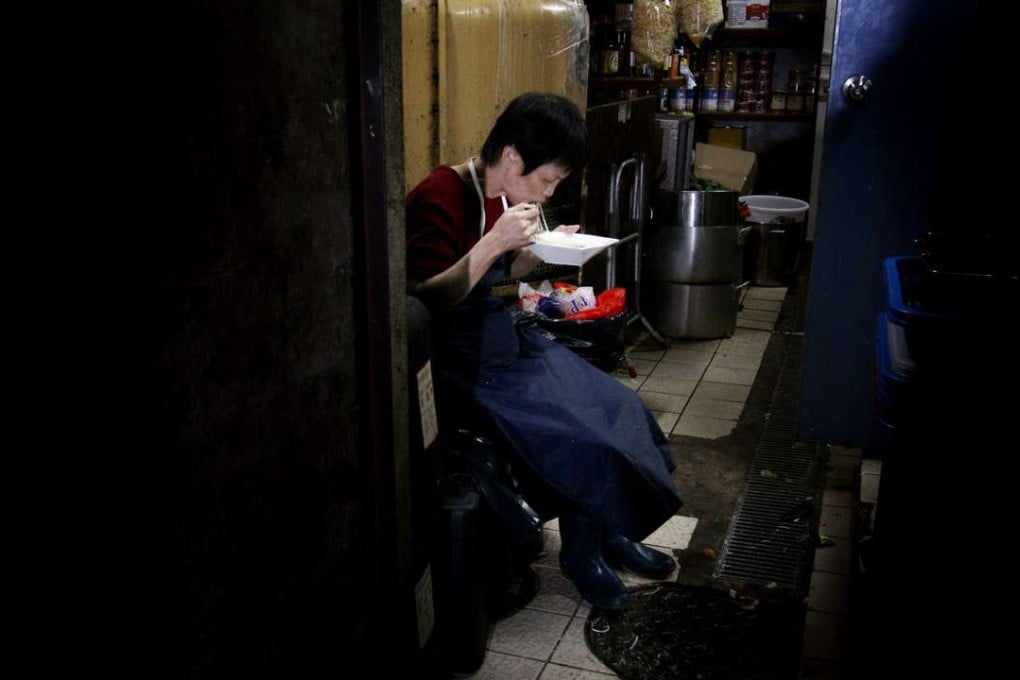Rich Hong Kong should start paying its low-skilled workers a decent wage
Paul Yip says the city must ensure those on the bottom rung of society receive a respectable salary, taking inspiration from cities that show severe inequality isn’t inevitable

In terms of purchasing power and taking into account differences in the cost of living, Hong Kong ranked top for the amount of time it would take an average worker to earn enough to buy a McDonald’s Big Mac and an Apple iPhone 6: nine minutes, and 52 hours, respectively. That’s better than the likes of Sydney, New York, London and Singapore.
However, the average salary does not reflect the whole picture for the community, especially for low-income groups. We examined the minimum wages of these cities to make another comparison. It turns out it would take a Hongkonger on the minimum wage about 35 minutes to earn enough for a Big Mac, four times longer than an average worker. In Zurich, Geneva and Sydney, it takes only 18 minutes for workers on the minimum wage to earn enough – just seven minutes longer than for the average worker.

The roots of Hong Kong’s income inequality
Such differences reflect income disparities. Hong Kong’s Gini coefficient is 0.537, the highest in OECD countries. The city may have ranked first using average wages but it slips to 21st if we use the minimum wage. High-income Western cities (Sydney, Zurich and Geneva) remained in the top 10 for both, meaning their low-income earners are not as disadvantaged compared with the rest of the working population. Clearly, these low-income earners still receive a wage that allows them some quality of life. It is not surprising that they are viewed as the most livable cities globally.
Hence, economic development and income disparity do not have go in opposite directions. Business can do their share, but we should also aim for a higher standard, so economic development benefits most, if not all, rather than only a select few. It is possible to both improve company profits and employees’ well-being.